
Kód: 04635810
The Correspondence of Sigmund Freud and Sandor Ferenczi
Autor Sigmund Freud, Sandor Ferenczi
Volume 1 of the three-volume Freud-Ferenczi correspondence closes with Freud's letter from Vienna, dated June 28, 1914, to his younger colleague in Budapest: "I am writing under the impression of the surprising murder in Sarajevo, ... celý popis
- Jazyk:
 Angličtina
Angličtina - Vazba: Pevná
- Počet stran: 448
Nakladatelství: Harvard University Press, 1996
- Více informací o knize

3217 Kč
Dostupnost:
50 % šance Máme informaci, že by titul mohl být dostupný. Na základě vaší objednávky se ho pokusíme do 6 týdnů zajistit.
Máme informaci, že by titul mohl být dostupný. Na základě vaší objednávky se ho pokusíme do 6 týdnů zajistit.Prohledáme celý svět
Mohlo by se vám také líbit
-

Введение в психоанализ
200 Kč
Dárkový poukaz: Radost zaručena
- Darujte poukaz v libovolné hodnotě a my se postaráme o zbytek.
- Poukaz se vztahuje na celou naši nabídku.
- Elektronický poukaz vytisknete z e-mailu a můžete ihned darovat.
- Platnost poukazu je 12 měsíců od data vystavení.
Informovat o naskladnění knihy
Zadejte do formuláře e-mailovou adresu a jakmile knihu naskladníme, zašleme vám o tom zprávu. Pohlídáme vše za vás.
Více informací o knize The Correspondence of Sigmund Freud and Sandor Ferenczi
Nákupem získáte 322 bodů
 Anotace knihy
Anotace knihy
Volume 1 of the three-volume Freud-Ferenczi correspondence closes with Freud's letter from Vienna, dated June 28, 1914, to his younger colleague in Budapest: "I am writing under the impression of the surprising murder in Sarajevo, the consequences of which cannot be foreseen". "Now", he continues in a more familiar vein, "to our affairs!" The events of World War I form a canvas for "our affairs" and the exchanges of the two correspondents in Volume 2 (July 1914 through December 1919). Uncertainty pervades these letters: Will Ferenczi be called up? Will food and fuel - and cigar - shortages continue? Will Freud's three enlisted sons and son-in-law come through intact? And, will Freud's "problem-child", psychoanalysis, survive the war? At the same time, a more intimate drama is unfolding: Freud's three-part analysis of Ferenczi in 1914 and 1916 ("finished but not terminated"); Ferenczi's concomitant turmoil over whether to marry his mistress, Gizella Palos, or her daughter, Elma; and the refraction of all these relationships in constantly shifting triads and dyads. In these, as in other matters, both men display characteristics contradictions and inconsistencies, Freud restrained, Ferenczi more effusive and revealing. Freud, for example, unswervingly favours Ferenczi's marriage to Gizella and views his indecision as "resistance"; yet several years later, commenting on Otto Rank's wife, Freud remarks, "One certainly can't judge in these matters ...on behalf of another". Ferenczi, for his part, reacts to the paternal authority of the "father of psychoanalysis" as an alternately obedient and rebellious son. The letters record the use - and misuse - of analysis and self-analysis and the close interweaving of personal and professional matters in the early history of psychoanalysis. Ferenczi's eventual disagreement with Freud about "head and heart", objective detachment versus subjective involvement and engagement in the analytic relationship - an issue that would emerge more clearly in the ensuing years - is hinted at here. As the decade and the volume end, the correspondents continue their literary conversation, unaware of the events ahead.
 Parametry knihy
Parametry knihy
Zařazení knihy Knihy v angličtině Society & social sciences Psychology Psychological theory & schools of thought
3217 Kč
- Plný název: The Correspondence of Sigmund Freud and Sandor Ferenczi
- Autor: Sigmund Freud, Sandor Ferenczi
- Jazyk:
 Angličtina
Angličtina - Vazba: Pevná
- Počet stran: 448
- EAN: 9780674174191
- ISBN: 0674174194
- ID: 04635810
- Nakladatelství: Harvard University Press
- Hmotnost: 734 g
- Rozměry: 173 × 243 × 28 mm
- Datum vydání: 01. March 1996
Oblíbené z jiného soudku
-

The Empathy Game
607 Kč -

Red Book
6053 Kč -

A General Introduction to Psychoanalysis
130 Kč -

Inner Gold
515 Kč -

Ego and the Id
90 Kč -

Man's Search for Meaning, Gift Edition
568 Kč -

Secret World of Drawings
585 Kč -

Psychoanalytic Diagnosis
1213 Kč -

Situation Is Hopeless But Not Serious
392 Kč -
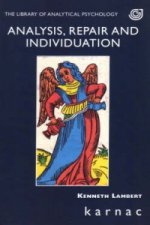
Analysis, Repair and Individuation
1889 Kč -

Dark Side of the Inner Child
571 Kč -
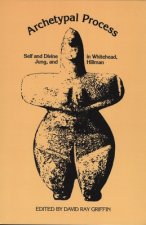
Archetypal Process
977 Kč -
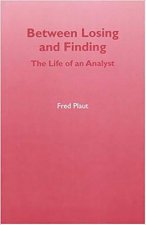
Between Losing and Finding
840 Kč -

Ape that Understood the Universe
1199 Kč -

Four Archetypes
574 Kč -

Threshold Experiences
956 Kč -
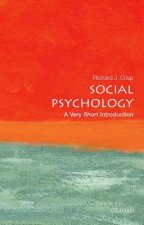
Social Psychology: A Very Short Introduction
250 Kč -

Behave
316 Kč -
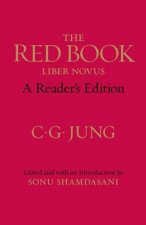
The Red Book – A Reader`s Edition
949 Kč -

Emotional Intelligence
260 Kč -
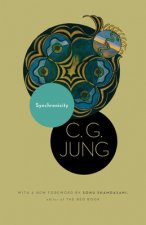
Synchronicity – An Acausal Connecting Principle
231 Kč -
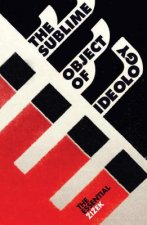
The Sublime Object of Ideology
434 Kč -

Memories, Dreams, Reflections
324 Kč -

Make It Stick
808 Kč -

Civilization and Its Discontents
249 Kč -

Choice Factory
410 Kč -

No Boundary
376 Kč -

Problem of the Puer Aeternus
645 Kč -
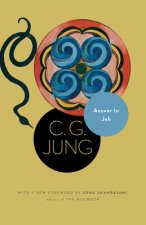
Answer to Job
212 Kč -

Carl Jung: Wounded Healer of the Soul
677 Kč -

Psychoanalyst Meets Marina Abramovic
458 Kč -
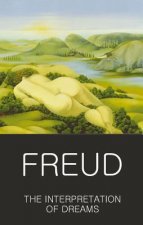
The Interpretation of Dreams
135 Kč -
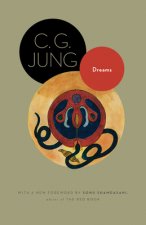
Dreams
432 Kč -

Ego and Archetype
579 Kč -
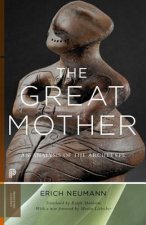
Great Mother
683 Kč -
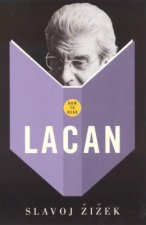
How To Read Lacan
303 Kč -

Integral Psychology
603 Kč -

Archetypes and the Collective Unconscious
1404 Kč -

Freud and Beyond
597 Kč -

Home is Where We Start from
357 Kč -
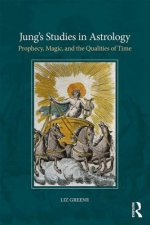
Jung's Studies in Astrology
1300 Kč -
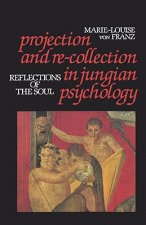
Projection and Re-collection in Jungian Psychology
746 Kč -

Dreams
482 Kč -

Beyond the Pleasure Principle
357 Kč -

Red Book of C.G. Jung
1018 Kč -

Quantum Mind
793 Kč -

Ecrits
764 Kč -
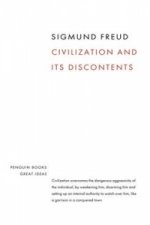
Civilization and its Discontents
185 Kč -

Why We Buy
441 Kč
Osobní odběr Praha, Brno a 12903 dalších
Copyright ©2008-24 nejlevnejsi-knihy.cz Všechna práva vyhrazenaSoukromíCookies


 Vrácení do měsíce
Vrácení do měsíce 571 999 099 (8-15.30h)
571 999 099 (8-15.30h)